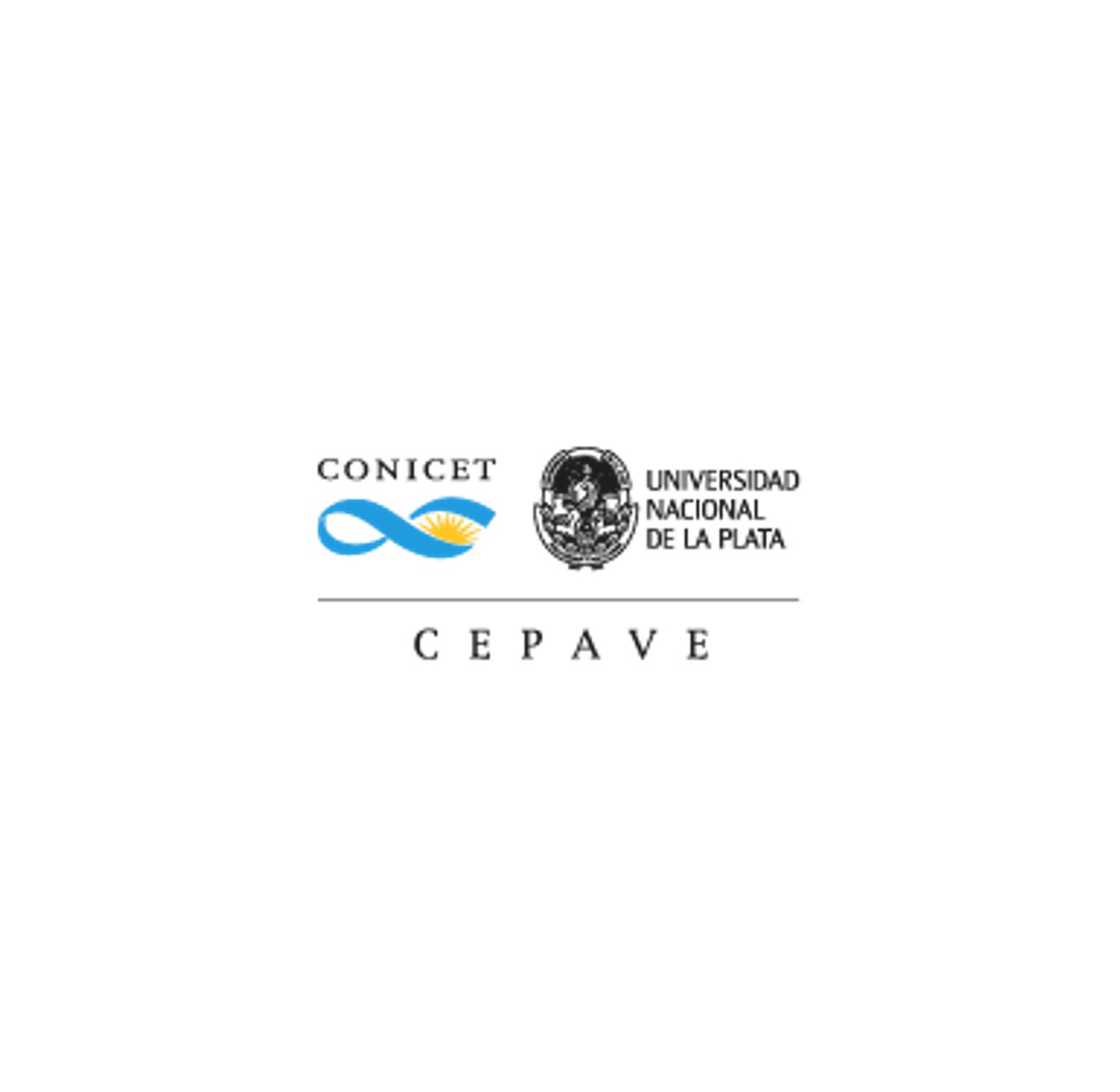Team dedicated to the study of Triatominoes is recognized in the GBIF call
The Center for Parasitological and Vector Studies, CEPAVE is a reference center for scientific research on species of health, socio-economic and agricultural importance, such as parasites, disease vectors and pests, and those relevant to the control of harmful organisms: pathogens (viruses, bacteria, protists, fungi), parasitoids and predators.
The mission of CEPAVE is to contribute to the advancement of scientific knowledge and address different health and ecological problems, with the purpose of preventing and controlling harmful organisms, or reducing their negative effects, contributing to the conservation of biological diversity and the improvement of quality of life.
Selected Data Paper
The datapaper selected to participate in the Vectors of human disease series and be published free of charge in open access was American triatomine species occurrences: updates and novelties in the DataTri database.
Full article citation Soledad Ceccarelli, Agustín Balsalobre, María Eugenia Vicente, Rachel Curtis-Robles, Sarah A. Hamer, José Manuel Ayala Landa, Jorge E. Rabinovich, Gerardo A. Marti, American triatomine species occurrences: updates and novelties in the DataTri database, Gigabyte, 2022 https://doi.org/10.46471/gigabyte.62
Call to publish datapapers
Vector-borne diseases account for approximately a quarter of all infectious diseases. Although there have been significant advances in the fight against malaria, these advances are currently slowing down. Other diseases, such as those caused by arboviruses such as dengue, chikungunya, yellow fever and zika, are expanding, with a greater number of cases and deaths. There is a great need for data mobilization campaigns to improve data coverage and aid research on these vector-borne diseases and human health. To address this need, here we present a compiled series of articles publishing data relevant to research on vector-borne human disease vectors. GigaScience Press has partnered with GBIF and is supported by TDR, the Special Program for Research and Training in Tropical Diseases, hosted by the World Health Organization to publish these articles. All data presented have been shared on GBIF.org with high-quality data and metadata to improve data coverage and aid research on vector-borne diseases and human health.
Check the news in GBIF: Second call for data papers describing datasets on vectors of human diseases
